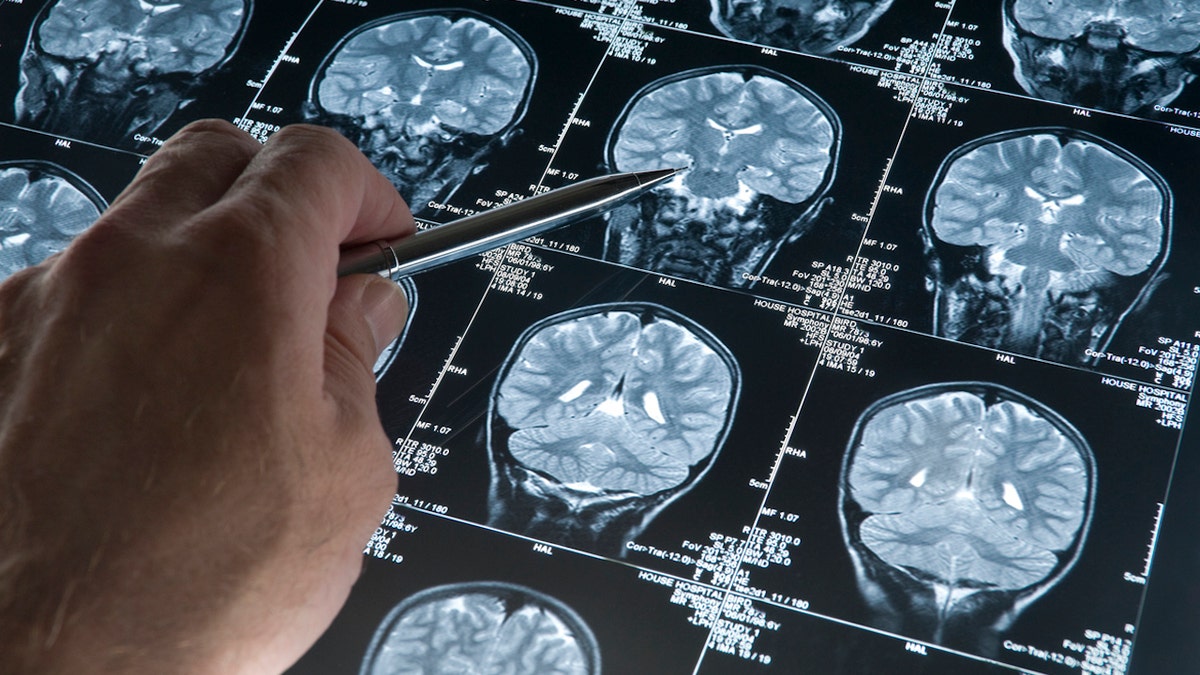NutNow you can listen to the Fox News items!
It is known that a negative mindset is known for triggering or increasing stress and anxiety, and new research has revealed other abandonment effects on mental and physical health.
Amen Clinics researchers, a national brain health diagnostic company, examined cerebral explorations and cognitive data of about 20,000 patients who had been diagnosed with anxiety disorders.
Daniel Amen, co -author of the study and founder of the Amen Clinic, specialist in Cerebral Disorders of XXSAID.
According to experts
It was found that people with a higher negativity bias had reduced blood flow to the frontal, temporal and parietal lobes, critical regions for decision -making, memory and emotional regulation, according to Amen.
“The extent of physical brain abnormalities, especially in areas not previously linked to emotional processing, such as the cerebellum, was striking,” he said.
It is known that a negative mindset is known for triggering or increasing stress and anxiety, and new research has revealed other abandonment effects on mental and physical health. (Istock)
It was also found that these most negative people had “significantly higher” levels of depression, anxiety, suicidal ideation, emotional instability, poor memory and poor stress regulation.
“Not only were the symptoms of the mood worse, but the real thinking skills, especially memory and resilience, became committed,” Amen observed.
“Until we start looking at the brain, we want to blind in psychiatry.”
The findings were published in the magazine Depression and Anxiety.
“This research supports what I have been defending for a long time: mental illness is brain disease,” the researcher continued. “Until we start looking at the brain, we want to blind in psychiatry.”

“The study shows that people with anxiety disorders have a bias of strong negativity – the tendency to focus more on negative than positive stimuli, demonstrate clear structural and functional abnormalities in the brain,” the main researcher said. (Istock)
There were some limitations to take into account this study, mainly its section design, which means that it captured data from a snapshot in time instead of following the group for an extended period.
“The study shows the association, not causality,” Amen told Fox News Digital. “Although the negativity bias is correlated with dysfunction, not the cause definitely.”
Click here to get the Fox News app
From the findings of the study, Amen emphasized the importance of optimizing brain health and maintaining a more positive mentality.
“If you want to treat mental health seriously, you have to look at your brain,” he said.

“If you want to treat mental health seriously, you have to look at your brain,” the researcher said. (Istock)
“If you are in spiral in negative thoughts, it may not be” stress “, it can be a sign that your brain needs help.”
Negativity bias is not just a “bad attitude”, according to Amen- “is a neurological pattern that can be generated in a complete cognitive and emotional breakdown.”
Click here to register -you are in our health newsletter
“Good news? The brain is changeable, but only if we start to look at it.”
Although the study did not deepen the potential solutions, Amen said that daily positivity practices can be beneficial.
For more health items, visit www.foxnews.com/health
“Wider research suggests that exercise, meditation, omega-3 consumption, gratitude diary and deep breathing can help refund the negativity bias over time,” he said.
#Negative #thoughts #change #brain #amazing #ways #suggests #study
Image Source : www.foxnews.com
